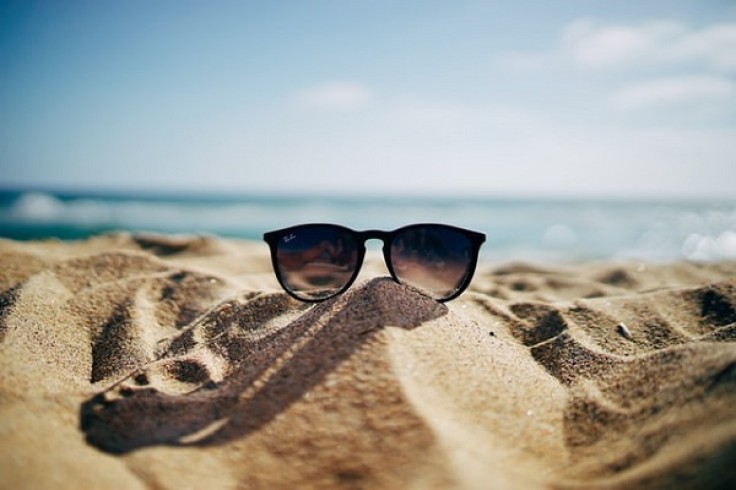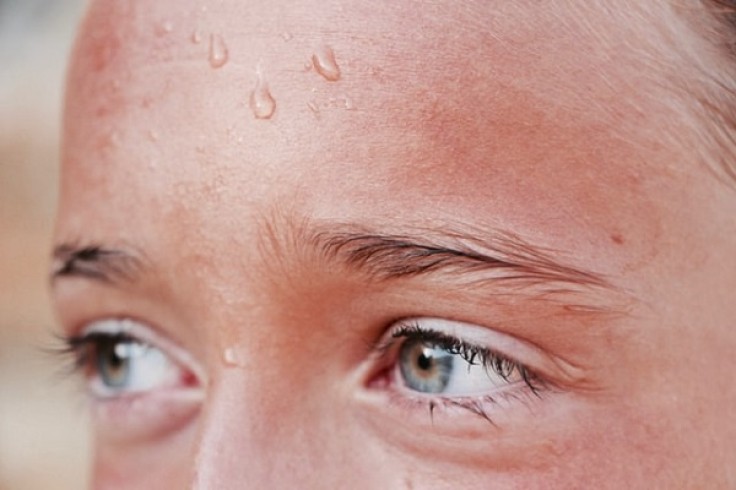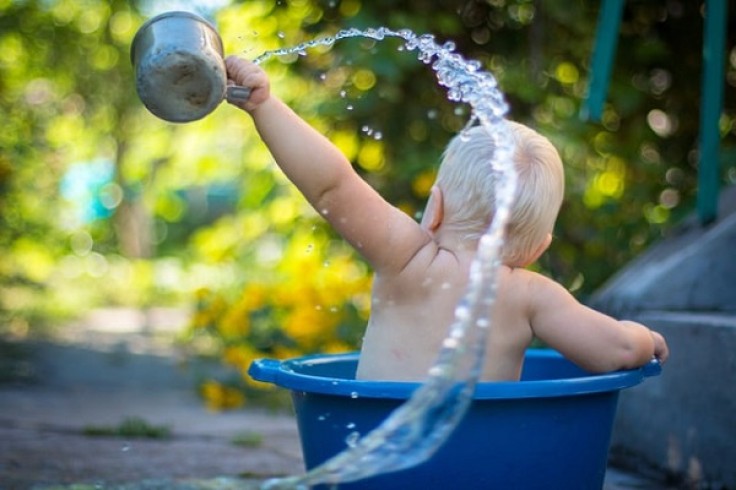Heat Exhaustion is characterized by an overheated body due to exposure to high temperatures. On the other hand, a heat stroke is a life-threatening condition after prolonged exposure to high temperatures.
As an assistant attending physician at NewYork-Presbyterian/Weill Cornell Medical Center and an assistant professor of clinical medicine at Weill Cornell Medicine, Dr. Alexis Halpern, one of the most difficult aspects of dealing with heat not knowing when we are dehydrated or overheated.
It could often result in heat exhaustion, and, if left untreated, it could lead to a heat stroke. The Centers for Disease Control and Prevention (CDC) says that more than 600 people in the US die from extreme heat every year, but most of the heat-related deaths and illnesses are preventable.

Some places are hotter than others, which depends on the considered average for a particular location during the summertime of that year. The muggy and humid condition makes the weather hotter than the temperature reads.
Other than providing the signs and symptoms, we will also give you things to do to cool yourself down, and what could you do to prevent experiencing heat exhaustion and heatstroke.
Signs of heat exhaustion
Here are the signs and symptoms to look out for when the weather is too hot, and you suspect of having heat exhaustion.

- Headache and feeling sick
- Loss of appetite
- Dizziness and confusion
- Fast breathing or heart rate
- Very thirsty
- Cramping in the arms, legs, and stomach
- Excessive sweating
- Pale and clammy skin
- Temperature greater than 38 degrees Celsius
What can you do to cool down
If you are experiencing the signs and symptoms of having heat exhaustion, here are the things that you may do to cool yourself down.
- Go to a cool place.
- Lie down and elevate your feet.
- Drink plenty of water, rehydration drink, or sports drink.
- Cool your skin by spraying or sponging with cool water and fan yourself or you may also use cold packs around the armpits.
Related Article : 9 Easy Tricks to Get Your Kids to Drink Water

Prevent heat exhaustion and heat stroke
During the summer, a person loses too much body fluids through excessive sweating. Sometimes, heat exhaustion happens when a person exercises in an area without ventilation or in hot places. Take these precautionary measures to prevent yourself from experiencing heat exhaustion and heatstroke.
- Drink plenty of cold drinks
- Wear loose-fitting and light-colored clothing
- Sprinkle water all over the body to cool down
- Avoid sun exposure especially during the peak of noon time which is between 11 AM to 3 PM
- Take cold baths and showers frequently
- Avoid alcohol and caffeine consumption as it will dehydrate you
- Avoid extreme exercise
If you find someone exhibiting the characteristics of heatstroke, it is best to call 911 immediately and then move the person to a cooler place and use cold compresses to bring their body temperature down. Never give them fluids because it can be unsafe due to the altered level of consciousness.